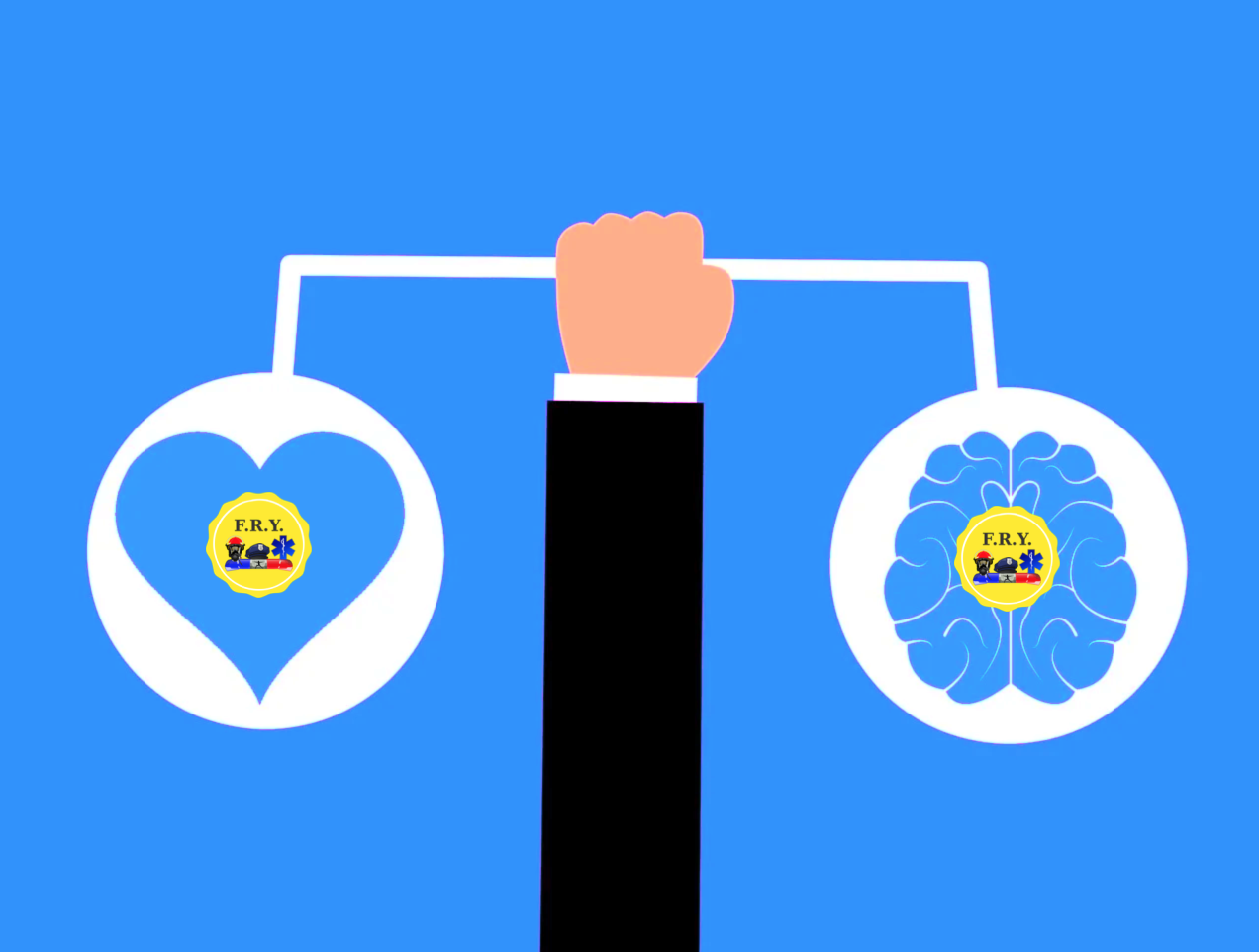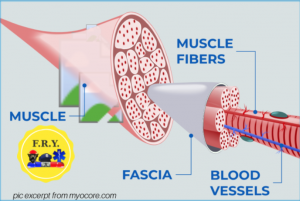
How to Develop Emotional Competence
Dr. Saarni defined emotional competence as the human capacity to reach goals after an emotion-eliciting encounter. She defined emotions as the elementary units of self-efficacy and describes 8 emotional competence skills. You can read in the study published by the National Library of Medicine at this link.
How can we develop emotional competence for our self-efficacy, to be leaders in our lives?
There are four parts to the Emotional and Social Intelligence Leadership Competency Model developed by Daniel Goleman and Richard Boyatzis: Self-Awareness, Self-Management, Social Awareness, and Relationship Management (you can read more at this link)
How does Meditation help?
Meditation and a consistent mindfulness practice are the most powerful tools to develop those competencies. Unfortunately, people consider meditation a spiritual practice intended for monks, or solitary people. We need to move beyond that mental construct. Meditation changes the structure of the brain and it is for everyone.
Benefits of Meditation
There are different science-backed benefits of meditation, such as:
-
-
Reduces the stress level and increases the attentiveness to the present moment
-
-
-
Improves mood disturbance and stress
-
-
-
Reduce emotional reactivity while enhancing emotion regulation in people with Social Anxiety Disorder
-
-
-
Improves chronic illnesses
-
-
-
Helps to cope with a wide variety of clinical problems
-
-
-
Improves Self-Awareness. Meditation encourages ‘gut level’ intuition, which is governed by the insula region of the brain. The insula monitors bodily sensations and assesses whether they are benign or harmful. A strengthened insula will be better able to pick up on cues from the muscles, skin, ears, and eyes.
-
(reference for the above here)
-
-
Improves stress-related outcomes (read the study here)
-
-
-
Improves Emotional Self-Control. Meditation helps to control our immediate reactions. For example, it weakens neural connections to the fear center of the brain – the amygdala – where primal reactions such as fear and anger are triggered. In contrast, it also strengthens the neural connection to the assessment center of the brain – the prefrontal cortex – where rational thought and logic reside (click here for reference)
-
-
-
Improves Empathy. Being able to understand how others feel and tune into their emotional state, helps us become more effective communicators and therefore more effective leaders (click here for reference)
-
-
-
Improves connection between the prefrontal cortex – the ‘me center’ of the brain that references back to personal perspective and also infers other people’s state of mind – and the insula – involved in ‘gut-level’ feelings. This strengthened connection enhances our capacity to understand where another person is coming from, and put ourselves in their shoes (read the article here)
-
Together, a strengthened insula and prefrontal cortex help develop the ability to pause, reflect, and evaluate how we think and feel on a daily basis. This greater self-awareness can, therefore, help guide leaders when it comes to making hard decisions.
There are different studies about the benefits of MBSR and Meditation. More studies related to breathwork, relaxation techniques, stretching, and positive affirmation are available at this link. All the above are segments of FRY The Method.
This article is just a sweet taste to invite you to develop your own practice. And if you do not know how to do it, we are here to help.
FRY The method includes Meditation as it is the real brain changer. Resilience in your body but also resilience in your mind.




